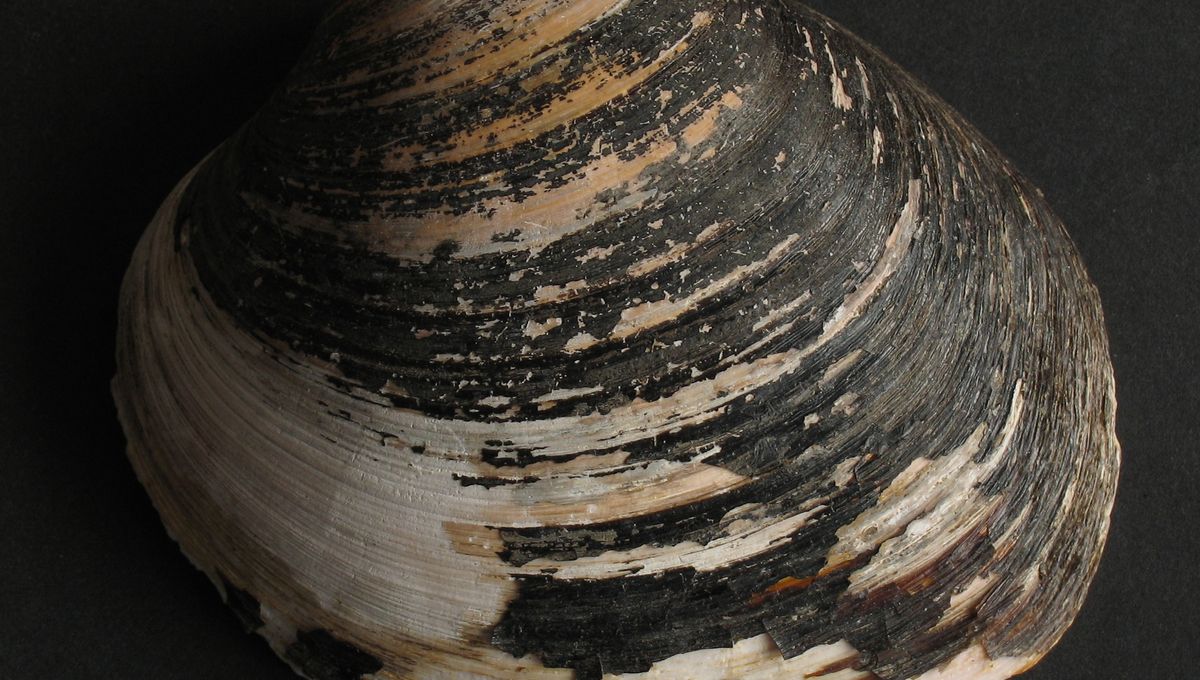
Ming the clam, an ocean quahog (Arctica islandica), earned its nickname due to its extraordinary lifespan of 507 years, making it one of the oldest non-colonial living animals ever recorded. Discovered off the coast of Iceland in 2006, the clam was later dated using the growth rings on its shell, similar to the way tree rings reveal a tree’s age.
Born around 1499, Ming lived through pivotal moments in human history, including the rise and fall of empires, the Industrial Revolution, the Enlightenment, and both World Wars. It also overlapped with the lifespans of historical figures such as William Shakespeare and Isaac Newton, and even lived to see the entire television run of Seinfeld.
Unfortunately, scientists accidentally ended Ming’s life while studying it, unaware at the time just how old the animal was. Despite this, the discovery of Ming significantly contributed to marine biology and climate research, providing valuable data on oceanic conditions over the centuries through analysis of its shell layers.
Ming’s remarkable lifespan continues to captivate scientists and the public alike, symbolizing both the resilience of marine life and the vast timescales at play in the natural world.
Source: https:// – Courtesy of the original publisher.






